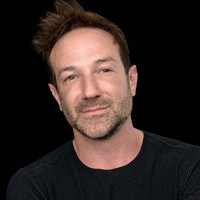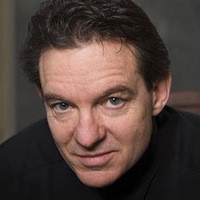Bryan Fogel is the Oscar-winning director of Icarus.
“But there was a long period of time also that none of us were really thinking so much about the film. It was really that we were in a real world crisis. Gregory's life was essentially in my hands.”
Thanks to MailChimp, Read This Summer, Google Play, and Stitcher Premium for sponsoring this week's episode.







